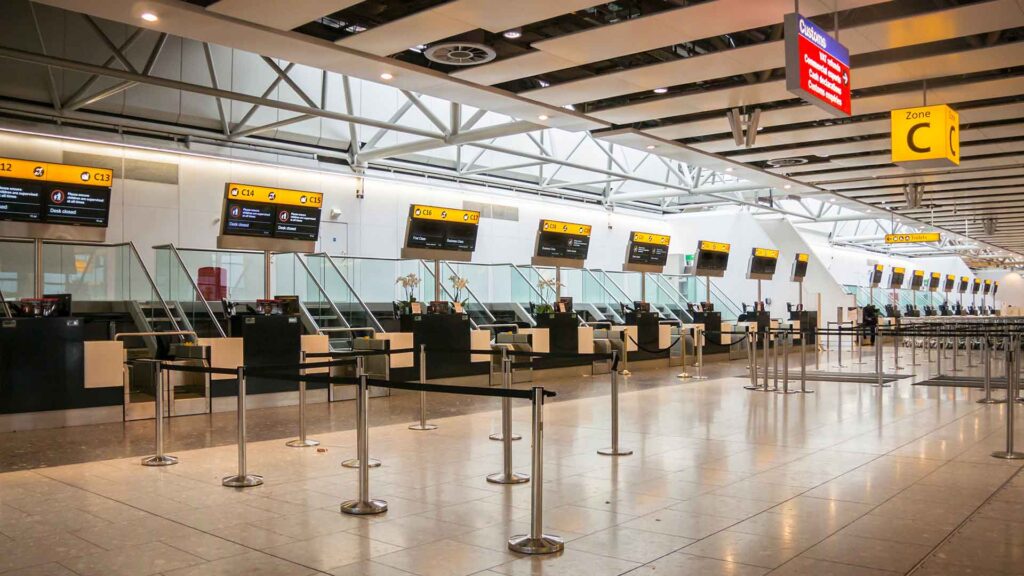A major shift is underway at Companies House, as the long-anticipated identity verification (“IDV”) regime begins to take shape. Introduced through a phased rollout under the Economic Crime and Corporate Transparency Act 2023 (“ECCTA”), the regime aims to improve the accuracy and reliability of the UK’s corporate register. With the voluntary IDV stage now live, businesses have a limited window to get ahead of the changes before compliance becomes mandatory – and failure to act can carry serious consequences.
On 8 April 2025, Companies House launched its new service allowing individuals to voluntarily verify their identity – marking the start of the first phase. With more than 6 million people expected to be required to comply in the 12 months after the process becomes mandatory, businesses are urged to get ahead of these changes now.
Who should verify their identity?
The IDV process applies to the following:
- directors, or equivalent – to include members, general partners and managing officers;
- Person with Significant Control (“PSC”);
- Authorised Corporate Service Providers (“ACSP”) known as Companies House authorised agents; and
- any individual submitting filings on behalf of the company, such as a company secretary.
What are the methods of IDV?
Individuals will be able to verify their identity through one of the two available routes. The chosen route will determine which documents are required and the specific process to be followed. The routes are:
Route 1 – direct verification with Companies House using the GOV.UK One Login services, by either:
- downloading the GOV.UK ID Check app – this requires access to a mobile phone with a working camera that meets the suitability criteria listed on the GOV website, along with the necessary photo ID documents; or
- submitting information on the online portal – which involves responding to a series of security questions and submitting relevant photo ID details. Alternatively, UK bank account details or HMRC tax records can be used; or
- attending in person at a post office providing in-branch ID verification services, where photo ID documents are presented and a photograph is taken as part of the process.
Route 2 – verification through an ACSP
ACSPs are businesses or professional firms (such as solicitors, accountants and company formation agents) that are supervised under the UK anti-money laundering regime and have registered with Companies House to act in this capacity. Individuals will need to provide documents from an approved list to prove their identity. Once the verification is complete, the ACSP submits the confirmation to Companies House, updating the individual’s verification status – essentially streamlining the process and providing a more efficient way to meet the new requirements.
Personal code
Once an individual has verified their identity, they will be issued with a personal code. Going forward, the code must be used whenever documents are submitted to Companies House that relate to the individual – for example, when their details are changed, or they make a filing on behalf of the company.
The consequences of non-compliance
It is expected later this year – at a date yet to be confirmed – that directors and PSCs will become legally required to complete IDV. Failure to do so will result in committing an offence that is punishable by fine or lead to disqualification as a director. The company or entity, and its other directors, may also be at risk of committing an offence.
How can we help?
It’s important to stay up to date with these changes – sign up to our ECCTA hub where our Business Crime & Investigation and Corporate & Private Equity teams provide the latest updates.




